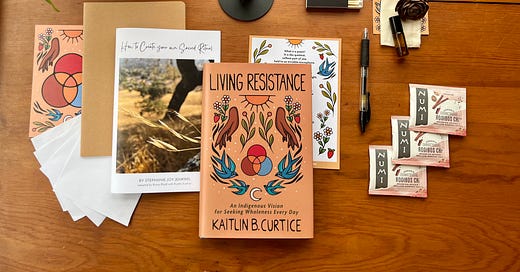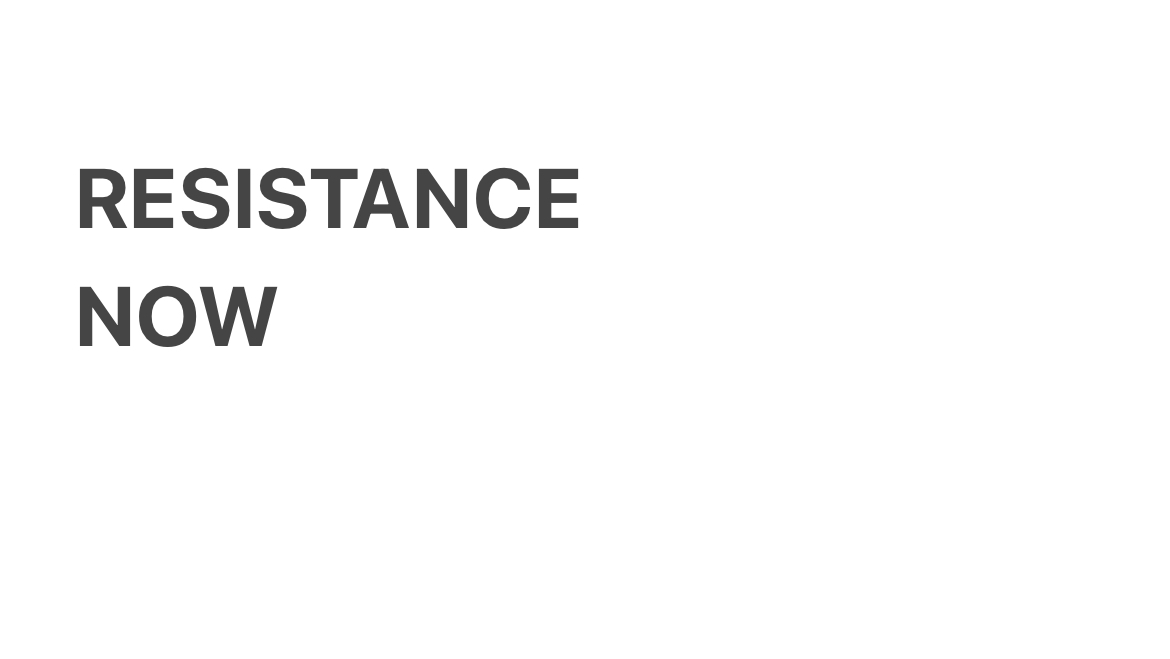This morning I finished reading A Hundred Other Girls by Iman Harir-Kia, a novel about Noora, a young woman navigating a complex identity within the publishing industry and the challenges she faces within herself and in the spaces she inhabits.
A few lines toward the end of the book stood out to me:
Most people aren’t “good” or “bad,” “woke” or “bigoted.” The majority of us just exist in a gray area, trying to make the right decisions and to cover our tracks when we make the wrong ones…sometimes the most socially aware can be the most problematic of them all.
Damn, these aren’t the words so many of us want to hear, and yet, they ring true.
In a social media era, we are constantly pulled back and forth by extreme headlines, extreme voices, extreme commentary, when in fact, many of us live in the gray spaces politically and socially.
This, of course, is problematic in itself, and often causes us to sit out on issues that truly affect things like human rights, but it’s also important to notice in our society.
Even the loudest voices, the most “socially aware” as Harir-Kia writes, can be the most problematic of them all. We are all humans with stories, with layers of privilege, trauma, or both, trying to navigate a world that is often too complex for us.
Have I always been a “good” person? It’s terrifying to ask that question as someone who grew up being conditioned to be a top-notch people pleaser. I had to be good, even if it meant anxiety and worry on a consistent basis. I had to be good because my faith and my god demanded it. And yet, I was also part of the pain, oppression, and yes, colonization spread throughout the world.
I was both. I was everything. I was human. And I’m still learning.
It’s why I’m so drawn to nuance, to storytelling, to the in-between spaces that we’d rather ignore. It’s why I love the show Criminal Minds, because somehow they look at people who do the worst things imaginable and trace a line throughout their life to try to understand the why behind it all. It doesn’t always work. But it’s damn powerful when it does.
We love our labels. We love to fight for what we believe in—of course we do. We love checking the right boxes and keeping our opinions tidied up because it feels safe there.
I was walking through the airport on a recent trip and came across a series of books called “Mama Bear Apologetics” and if you know me at all you know I picked it up to try to figure out what these women are teaching their kids to fight for. I followed the rabbit hole (not too far, I promise) and found a series of YouTube videos and instagram posts about how the progressive agenda is feeding our children lies and as mothers we have to destroy those arguments for the sake of our children. Deconstruction is dangerous because it challenges “historical” Christianity.
Meanwhile, I’m over here teaching on the Seven Grandfather Teachings and Seven Generations, focusing on care for Mother Earth, human rights, and radical self-love and truth-telling through a decolonizing spirituality.
It’s mind-boggling really, and I’m not going to get into the whole argument that we are all right in our own way because we are human. There are clear lines where human rights are being violated all over the place, where people are displaced from their homes, churches and communities because of who they are or who they love, who are deemed savage because we have a communal relationship to the earth that threatens the status quo.
No, this isn’t a let’s-all-get-along kind of post.
But it is a chance for self-reflection. Do we check the “good” or “woke” boxes? Do we recognize the ways we compromise who we are, claim to be, believe in, on a daily basis? Are we honest with our strengths and weaknesses?
Because I will tell you, the women running Mama Bear Apologetics believe in what they are speaking, and I believe in what I speak: that the rights of the marginalized matter and deconstruction and decolonization are necessary.
I don’t know how to reconcile any of that.
But thanks to this really timely reminder from Iman, I’ll keep holding space for questions, and that’s all I’m asking you to do, too. Hold space, pay attention to those within your circles and outside them, and ask what the checked boxes might mean.







Loved this post, Kaitlin. Especially this sentence:
“I don’t know how to reconcile any of that.”
I find the less sure of myself (and my own beliefs and experiences) I am, the more empathetic I can become to others. Once I grew comfortable with the feeling of not knowing I was right about everything, I grew to value living in the gray areas of life.
Not having all the answers (and being vulnerable enough to say so) is a strength.
This is why I so appreciate a platform like Substack- my suspicion is that most of us live in the gray and know it- but the headlines of traditional media demand we pick a black or white stance and ignore nuance. Human beings are complicated. There is right and wrong but I believe it’s a spectrum with a lot of layers. Thank you for this reminder. 🙏